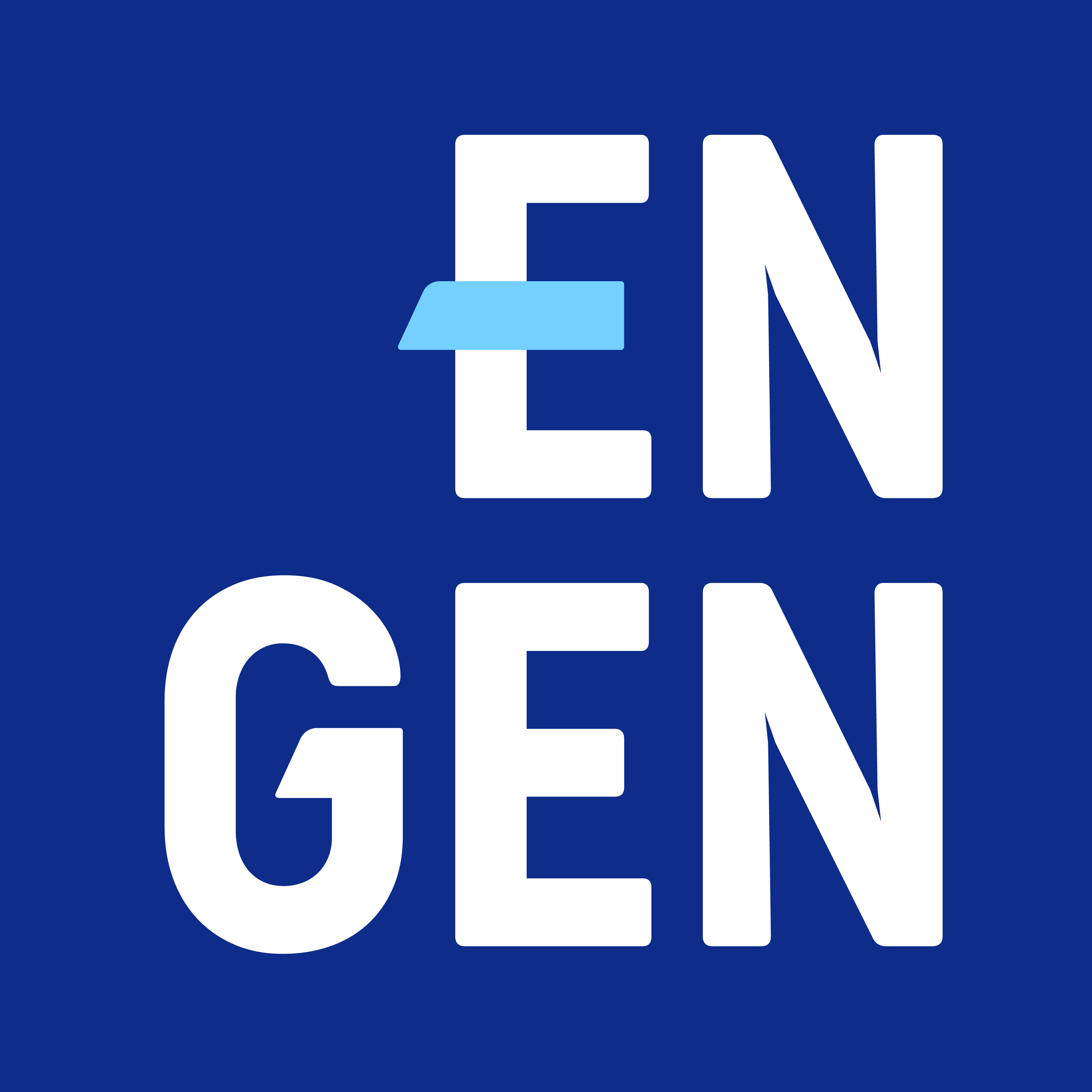Ask Dr. Katie: Why Am I "Bad" at Learning Languages?
EnGen’s science-based approach to English instruction is optimized for the needs of working adult English learners. As our courses and content are different from traditional platforms, we often get questions from learners, teachers, and partners. In this blog series, EnGen Founder Dr. Katie Brown will apply her three decades of research on second language acquisition to address your questions about language learning – what works, what doesn’t, and why.
Q: I took four years of [insert language] in high school, and can’t hold a basic conversation. Am I just bad at languages?
A; When people – clients, students, friends, neighbors, seatmates on airplanes – learn that I make my living by teaching language, they inevitably have the same response: They tell me that they are “bad” at learning languages. If they grew up in the United States like I did, they usually lament the fact that they spent four years of high school learning Spanish or French or German with nothing to show for it but a vague recollection of conjugating verbs.
Does this sound familiar to you?
Here’s the thing: The fact that after years of formal language instruction you may still struggle to order food in Spanish or ask for basic directions in French doesn’t mean that you’re “bad” at learning languages. It means that you didn’t learn anything useful in all those years of language classes. It means that you were probably being taught about how the language works (e.g., the difference between the subjunctive and the indicative) rather than how to do anything useful with the language (e.g. ordering a coffee, as I discussed last month).
Put another way, it means you were being taught the wrong things: Learning a language should be about communication, not conjugation.
Thinking about all those wasted hours is probably painful. You spent five hours a week sitting in an elementary Spanish or French or German class over an entire school year.. Doing that over the course of four years means you may have invested more than 800 hours in a failed attempt to learn a language – and that’s not counting the extra time you likely spent with flashcards and grammar books, puzzling over verb charts and memorizing stilted conversations.
But those are a thousand hours in the life of a teenager, someone who can afford to – and does! – waste time on all sorts of mind-boggling things. And I know this - I have two teenage sons!
The stakes are significantly higher for adults, particularly for the 1 in 10 working-age adults in the U.S. who is not yet English proficient: All of those adults have a real-world need to learn English – getting a job, securing a promotion, communicating with their child’s teacher – and nobody has a thousand hours to waste. And none of their would-be employers – places like hospitals and schools, hospitality companies and manufacturing facilities, all struggling with acute staffing gaps – has time to waste either.
The EnGen Solution
We know from decades of research (like this and this) that adults learn languages best when what they’re learning is relevant to their needs and goals – at work and at home. That’s why EnGen has created a catalog of 130-plus courses with content aligned to real-world goals like becoming a nurse, getting a commercial driver’s license, or naturalizing as a U.S. citizen. We’ve seen learners make meaningful progress after investing just a few hours in our platform, rather than realizing a thousand hours in that they can’t do any of the things that drove them to English instruction in the first place.
In addition to championing real-world content, EnGen is also committed to building real-world approaches to supporting adult English learners. Rather than asking working adults to fit an evening English class into a busy schedule, take a bus across town and coordinate someone to watch their kids, we’re leveraging technology to put high-impact learning solutions (literally) into the hands of learners, using smartphones and tablets. AI-powered, mobile-first platforms like EnGen allow learners to access instruction on-demand, and bite-sized lessons (EnGen’s courses can be completed in 10 minutes!) allow adults to fit learning into their schedule – on breaks at work or at home, when they have time and space to focus on learning.
After spending nearly three decades studying second language acquisition, I’m convinced that there’s no such thing as “bad” learners – there are just “bad” approaches. We know what it takes to teach and learn language effectively. Isn’t it time for us to offer high-impact instruction at scale?
Learn more about EnGen’s approach, helping more “bad” language learners reach their real-world goals. Request a live platform demo: https://getengen.com/demo

